
The most common side effects of Botox are stiff or weak muscles around the place of the injection, tenderness of the area, facial pain, swelling, redness, flu-like symptoms, headache, runny nose, sweating, increased cough, dizziness, indigestion, neck pain, back pain, drowsiness, dry mouth, eye irritation, inability to focus the eyes, sensitivity to light, anxiety.
Possible side effects of Botox which require immediate medical attention are chest pain, difficulty swallowing and breathing, severe allergic reactions (difficulty breathing, swelling of the tongue, lips, mouth, or face, tightness in chest, itching, hives, rash, or unusual hoarseness), bleeding at the place of injection, irregular heartbeat, chills, fever, fainting, paralysis, lost of strength, persistent and severe muscle weakness, drooping of the upper eyelid, problems speaking, double vision, blurred vision or any other kind of vision changes, persistent sore throat, bladder control loss, and seizures.
Just like other medicine, Botox cosmetics may have similar side effects and it is recommended to consult a doctor in case they appear.
Botox (onabotulinumtoxinA) used for injections may cause several adverse reactions like breathing difficulties and Dysphagia in Cervical Dystonia Treatment, hypersensitivity. The toxin effects spread and, in cases of patients that were treated for the purpose of clinical studies, infections of the upper respiratory tract and bronchitis are possible.
Due to different conditions of various clinical trials, their results can only be compared in an indirect way.
Botox and Botox cosmetics have formulas with the same active ingredient.
Generally, adverse effects usually appear during the first week after the Botox injection. They can last for a few months, or more, but they are usually transient. Localized and needle-related problems can lead to vasovagal responses (hypotension, syncope) and medical therapy may be required.
Muscles are expected to weaken after a Botox injection. Because of spreading of the toxin, the surrounding muscles may also be affected.
Patients in several medical studies reported various adverse reactions to Botox, and the most frequent were dysphagia, upper respiratory infections, neck pain, headache and several other symptoms.
If muscles around the eye are close to the injection site, they can also be affected and cause vertical deviation called strabismus. Higher doses of Botox are usually the cause of this condition. All medicines may cause side effects, but many people have no, or minor, side effects when using Botox. People should check with their doctors if any of these most common side effects persist or become bothersome when using Botox.



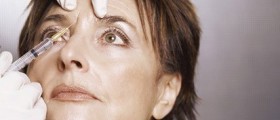
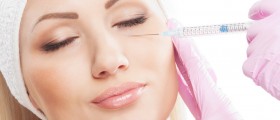

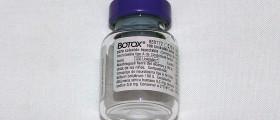

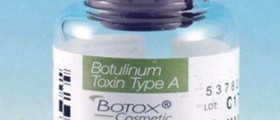
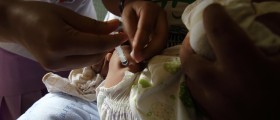
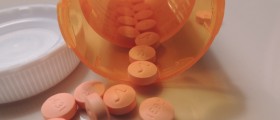
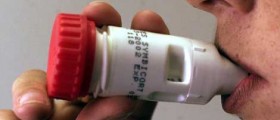





Your thoughts on this
Loading...